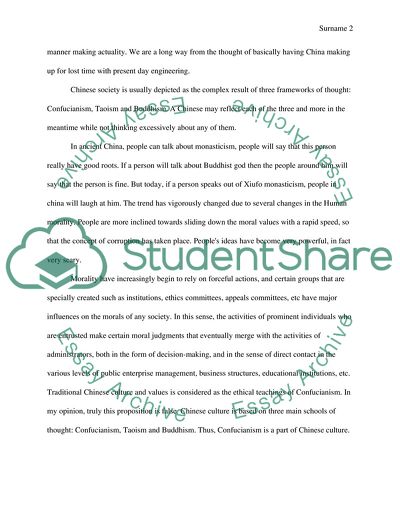Cite this document
(Morality and Gender Equality in the Past Vs Now Essay Example | Topics and Well Written Essays - 2000 words, n.d.)
Morality and Gender Equality in the Past Vs Now Essay Example | Topics and Well Written Essays - 2000 words. https://studentshare.org/sociology/1822671-morality-and-gender-equality-in-the-past-vs-now
Morality and Gender Equality in the Past Vs Now Essay Example | Topics and Well Written Essays - 2000 words. https://studentshare.org/sociology/1822671-morality-and-gender-equality-in-the-past-vs-now
(Morality and Gender Equality in the Past Vs Now Essay Example | Topics and Well Written Essays - 2000 Words)
Morality and Gender Equality in the Past Vs Now Essay Example | Topics and Well Written Essays - 2000 Words. https://studentshare.org/sociology/1822671-morality-and-gender-equality-in-the-past-vs-now.
Morality and Gender Equality in the Past Vs Now Essay Example | Topics and Well Written Essays - 2000 Words. https://studentshare.org/sociology/1822671-morality-and-gender-equality-in-the-past-vs-now.
“Morality and Gender Equality in the Past Vs Now Essay Example | Topics and Well Written Essays - 2000 Words”. https://studentshare.org/sociology/1822671-morality-and-gender-equality-in-the-past-vs-now.


